Misc. news stories
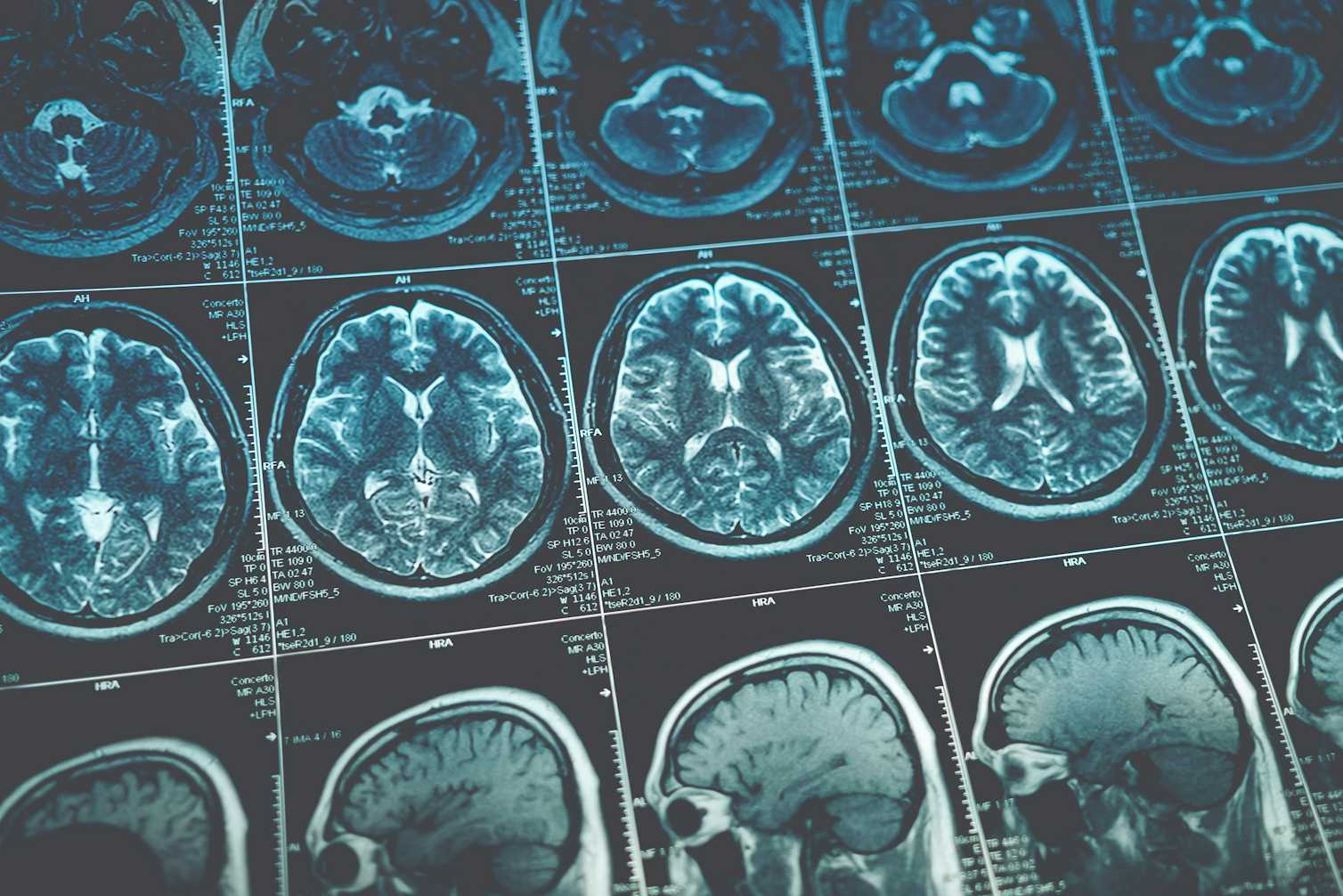
The ability of the mind to generate the symptoms of illness is known as the “nocebo” effect. The nocebo effect is the unpopular twin brother of the placebo effect. Whereas the placebo effect alleviates pain and the symptoms of illness, the nocebo effect does the opposite: it generates pain and symptoms.

The growing legitimacy of psychedelics as therapies promises to transform how we view the extraordinary.
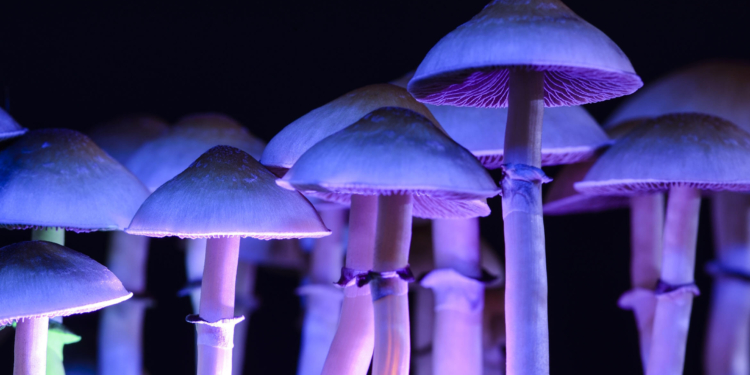
People who use mental health services in Ireland generally have a favorable view of psychedelic research, according to a new study published in the Irish Journal of Medical Science. A little over half of those surveyed said they would be willing to try psilocybin therapy if their doctor recommended it.

On a sparse stretch of Vancouver’s East Hastings Street, the Coca Leaf Cafe & Mushroom Dispensary stands out.
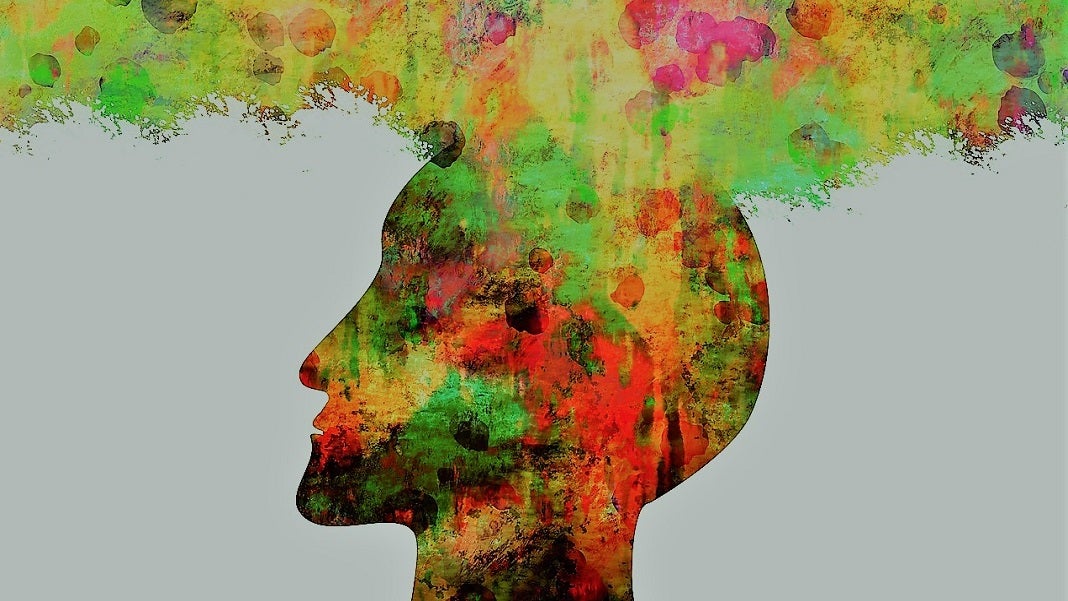
In a study published in the Proceedings of the National Academies of Science, we have now shown that conscious brain activity seems to be linked to the brain’s “pleasure chemical,” dopamine.
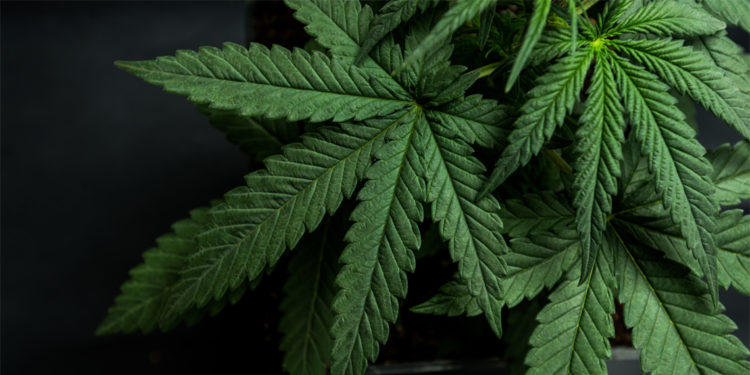
Psychedelic drugs such as psilocybin and LSD can induce an experience known as oceanic boundlessness, which is characterized by a feeling of oneness with the world and a sense of awe. New research, published in the Journal of Psychopharmacology, provides some preliminary evidence that high doses of cannabis can also produce this type of altered state of consciousness.
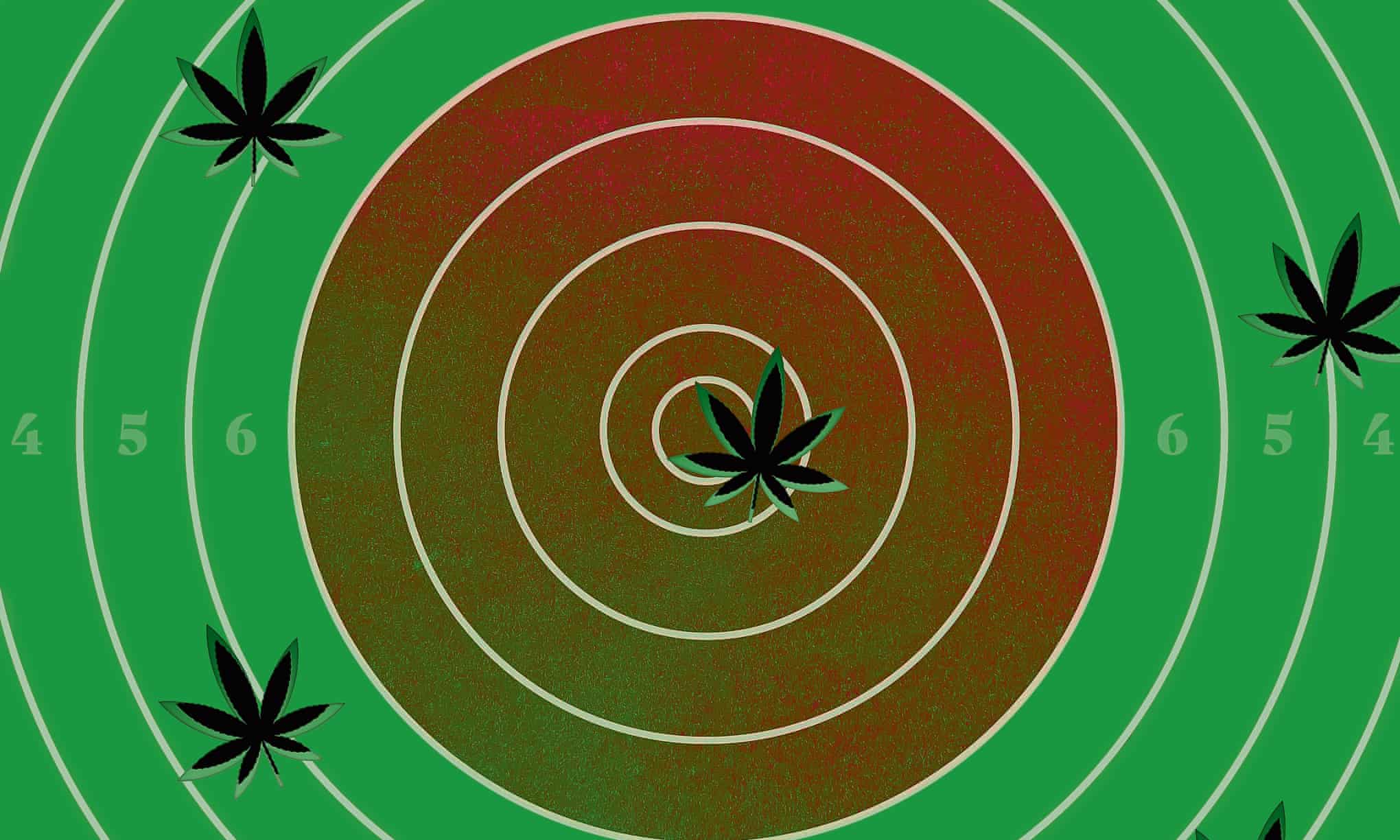
Research increasingly suggests that extracts from the plant are effective in treating pain, anxiety, epilepsy and more, but experts still preach caution around recreational use.
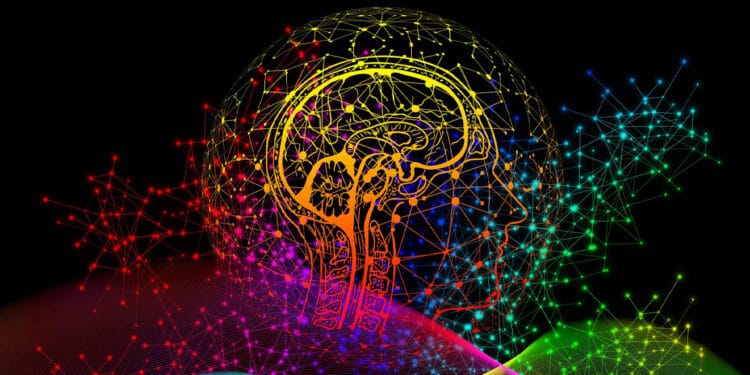
Language produced under the influence of the psychedelic drug lysergic acid diethylamide (LSD) displays increased levels of entropy and reduced semantic coherence, according to new research published in the journal Consciousness and Cognition. In other words, people tend to have more disorganized speech while under the effects of LSD and are more likely to jump from one topic to another.
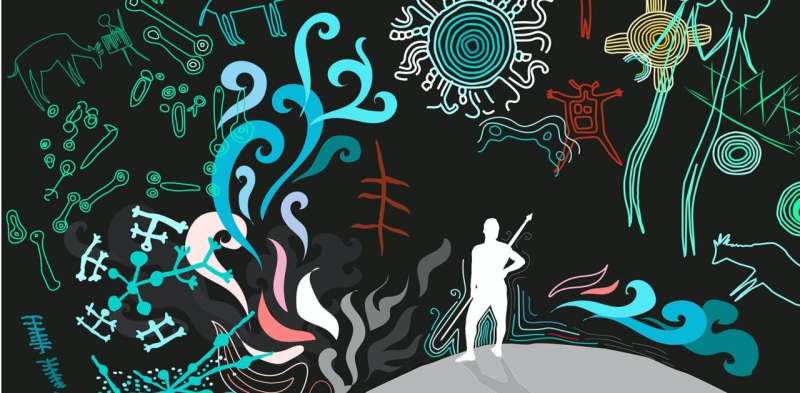
Humans constantly alter the world. We fire fields, turn forests into farms, and breed plants and animals. But humans don’t just reshape our external world—we engineer our internal worlds, and reshape our minds.
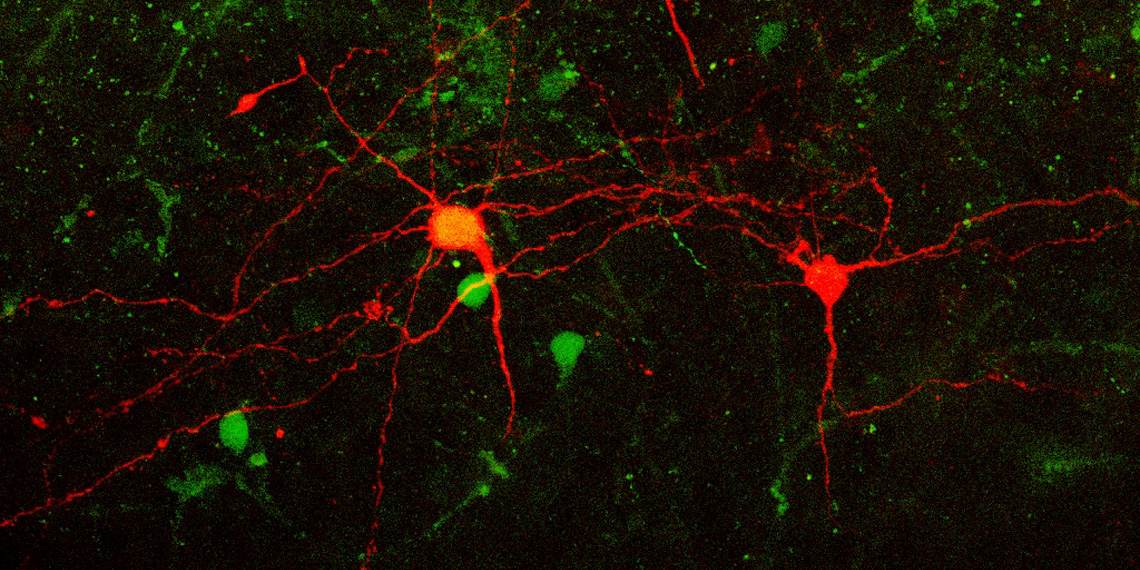
Harvard scientists have found that a single dose of psilocybin given to mice induces a rapid and long-lasting increase in connections between pyramidal neurons in the medial frontal cortex, an area of the brain known to be involved in control and decision-making. Their new findings are published in the journal Neuron.

Low doses of psilocybin and ketamine can heighten food-related motivation and improve attention in poorly-performing male rats, according to new research published in Frontiers in Pharmacology.

In addition to being found naturally in animal tissues, including the human brain, N,N-dimethyltryptamine (DMT) is the primary hallucinogenic compound found in the psychedelic brew known as ayahuasca.

A large body of research indicates that egocentrism shapes moral judgments. Now, new research indicates that people not only prefer moral decisions that benefit them, some people — particularly those with high collective narcissism — also display a bias towards moral decisions that benefit their group.
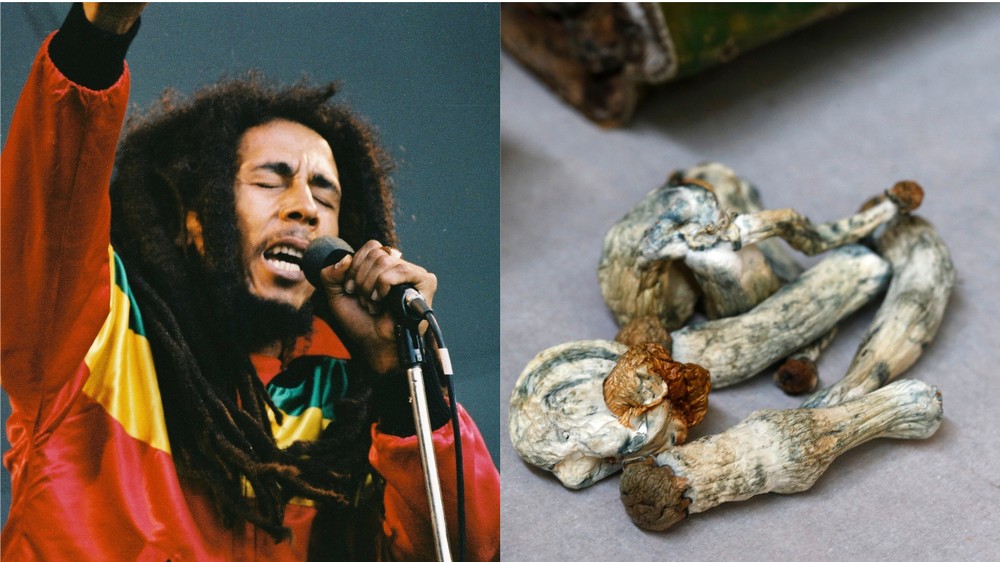
The latest push in the burgeoning psychedelic industry is to lose the whole pesky “psychedelic” element, and it has a surprise backer in the late Bob Marley.

A study published in the International Journal of Drug Policy asked psychedelic drug users to share their experiences with drug use, and particularly, their experiences with “bad trips.”

Despite their illegality and a tendency among the media and politicians to demonize their use, psychedelics have been shown to have transformative effects on individuals suffering from mental health problems, including depression and anxiety.








